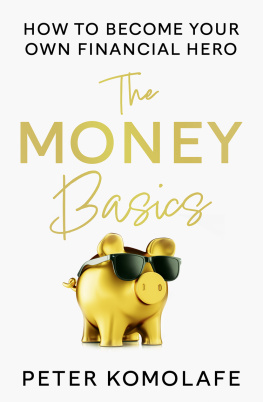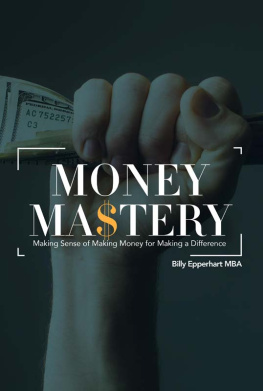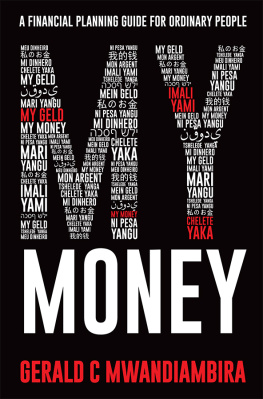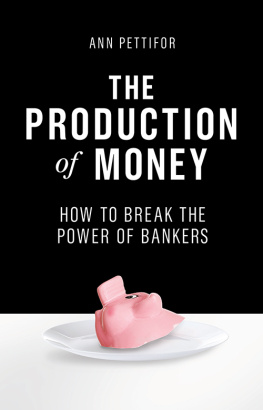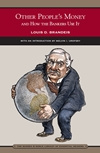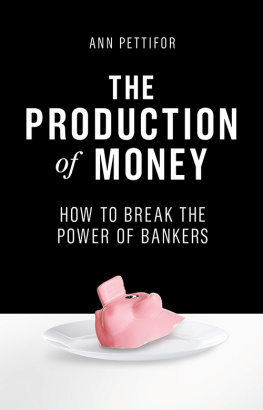
About the author
Peter Stalker is a writer and editor based in Oxford in the United Kingdom. His most recent books are the No-Nonsense Guide to International Migration (New Internationalist, 2008), the Oxford Guide to Countries of the World (Oxford University Press, 2007) and the First Parliament of Asia: A history of the UN Economic and Social Commission for Asia and the Pacific (Bangkok, ESCAP 2007).
He is a former co-editor of New Internationalist magazine and the editor of the initial series of Human Development Reports produced in the 1990s in New York by the United Nations Development Programme. He has a special interest in international migration on which he has worked as a consultant to the International Labour Organization, written three books, and maintains the online Stalkers Guide to International Migration. This and other sites are available from his website pstalker.com.
Although his early experience in development issues was in Latin America, most of his work in developing countries in recent years has been in Asia. In Bangkok, for example, he has worked with the United Nations in assessing the achievement of the Millennium Development Goals across Asia and the Pacific, and in Jakarta he has written a series of national human development reports for Indonesia. He has also worked on numerous reports on economic and social development for other international organizations.


NONONSENSE
The Money Crisis:
How bankers grabbed our money and how we can get it back
Published in Canada by
New Internationalist Publications
2446 Bank Street, Suite 653
Ottawa, Ontario
K1V 1A8
newint.org
and
Between the Lines
401 Richmond Street West
Studio 277
Toronto, Ontario
M5S 2R4
www.btlbooks.com
First published in the UK in 2015 by New Internationalist Publications Ltd, The Old Music Hall, 106-108 Cowley Road, Oxford 0X4 1JE, UK
Peter Stalker
The right of Peter Stalker to be identified as the author of this work has been asserted in accordance with the Copyright, Designs and Patents Act 1998. This edition not to be sold outside Canada.
All rights reserved. No part of this book may be reproduced, stored in a retrieval system or transmitted, in any form or by any means, electronic, electrostatic, magnetic tape, mechanical, photocopying, recording or otherwise, without the written permission of Between the Lines, or (for photocopying in Canada only) Access Copyright, 1 Yonge Street, Suite 1900, Toronto, Ontario, M5E 1E5.
Series editor: Chris Brazier
Cover design by asmithcompany.co.uk
Design by Juha Sorsa
Library and Archives Canada Cataloguing in Publication
Stalker, Peter, author
The money crisis : how bankers grabbed our moneyand how we can get it back / Peter Stalker (Nononsense)
"Adapted from No-nonsense guide to global finance (2009)"title page verso.
Includes bibliographical references and index.
Issued in print and electronic formats. Co-published by: New Internationalist.
ISBN 978-1-77113-242-8 (paperback).ISBN 978-1-77113-243-5 (epub).ISBN 978-1-77113-244-2 (pdf)
1. Money. 2. Banks and banking. 3. Capital market. 4. Monetary policy. I. Title. II. Series: NoNonsense (Toronto, Ont.)
HG221.S73 2015 332.1 C2015-902390-4 C2015-902391-2
Between the Lines gratefully acknowledges assistance for its publishing activities from the Canada Council for the Arts, the Ontario Arts Council, the Government of Ontario through the Ontario Book Publishers Tax Credit program and through the Ontario Book Initiative, and the Government of Canada through the Canada Book Fund.

Contents
The creation of cash
A brief history of money
From barter and tally sticks to the introduction of coins
Pounds to pesos to dollars
Peculiar kinds of currency
The making of modern banking
The first banknotes
Central banks, interest rates and inflation
Assets, solvency and liquidity
Who polices the banks?
Local mutuals and global behemoths
Why investment banks are different beasts
Offshore operations and tax havens
The special qualities of Islamic finance
Lending to the poor microfinance
How stock markets work
Government bonds and national debt
From derivatives to credit default swaps
Hedge funds and private-equity firms
What exactly are sovereign wealth funds?
The value of currencies
Enter the speculators
How to manage a currency crisis
Monetary unions and dollarization
Foreign-exchange reserves shift to Asia
Financial bubbles and crazy loans
The credit crunch and how it arose
Meltdown and the worlds response
How quantitative easing works
Public debt and the eurozone crisis
Taking back control of money creation
How 100-per-cent reserve banking would work
The idea of sovereign money
Why we should tax transactions
Closing the tax havens
For years, the world of finance had become more and more distant from the ordinary citizen, its dynamics increasingly shrouded by arcane terms such as short-selling, credit default swaps and securitization. With banks pushing credit cards on people, with seeming disregard for their credit history, and offering them mortgages at low interest rates, many were happy to be swept along by the financial flow without really understanding what was going on. When people were advised by bankers that keeping their money in savings accounts was old-fashioned, and they were foregoing tremendous profits by not putting their money in high-interest-bearing accounts that would allow the banks to make money for them, they were all too happy to oblige, accepting their bankers word that there was no way for them to lose.
Next page

